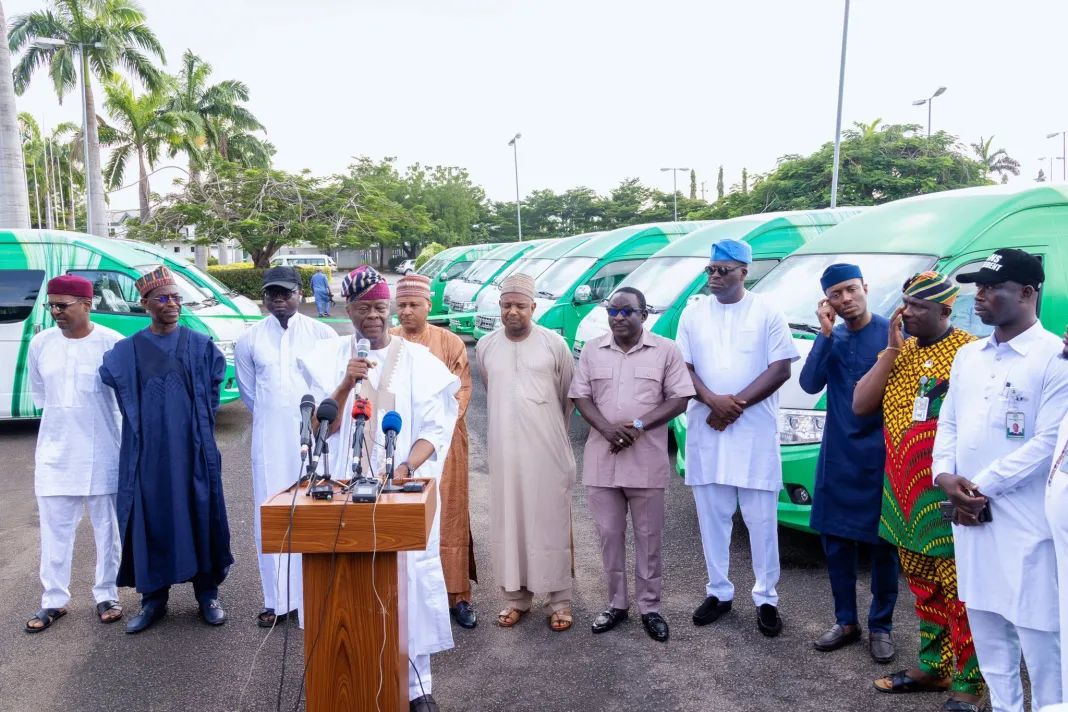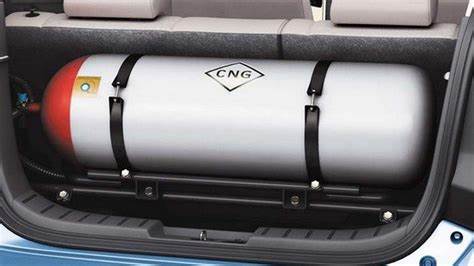The Federal Government of Nigeria has officially handed over 64 Compressed Natural Gas (CNG) buses to the Organised Labour unions and the National Association of Nigerian Students (NANS) to improve public transportation.
The presentation occurred at the Aso Rock Villa in Abuja on September 29, 2024, just ahead of Nigeria’s 64th Independence Day celebrations.
Read also: Watu to transform Africa’s e-mobility with 10,000 electric bikes in 2024
Details of the distribution of the CNG buses
The 100-seaters are part of the Pilot Project of Presidential CNG to improve mass transportation. In the words of the Minister of Information Mohammed Idris, 40 buses will go to labour unions, 20 buses will go to student unions, and 4 buses will be used for passenger transport in Abuja city. It is considered the first and preliminary effort to provide cheaper means of transport to the masses of the Nigerian populace.
This drive comes after the president of the Federal Republic of Nigeria, His Excellency Bola Tinubu, recently flagged off 30 new hybrid-powered CNG buses. He stated that the present government is aware of these pressing transport needs, which must be solved while the country shifts to cleaner energy sources.
Economic implications of the CNG buses
CNG buses are believed to result in significantly reduced transportation costs to users. To support him, Minister Idris pointed out that CNG is half the price of regular petrol, which means that operators were able to reduce overall fuel costs by 60 per cent. For instance, it costs N15,000 to fill a tank with CNG while N50000 is spent on petrol. This shift intends to reduce the costs to be met by commuters while enhancing physical accessibility to public transport.
Read also: Nigeria’s e-hailing drivers strike nationwide
Reactions from labour and student leaders
While leaders from the labour and student unions have welcomed the donation, there are concerns regarding the adequacy of the number of buses provided. Nuhu Toro, Secretary-General of the Trade Union Congress (TUC), acknowledged the gesture but emphasised that more resources are needed to meet workers’ demands across Nigeria’s 36 states.
The donation of CNG buses marks a significant move by the Nigerian government to enhance public transportation while promoting cleaner energy solutions. As discussions continue about expanding this initiative, stakeholders remain hopeful for further developments to benefit a more significant population segment.
















